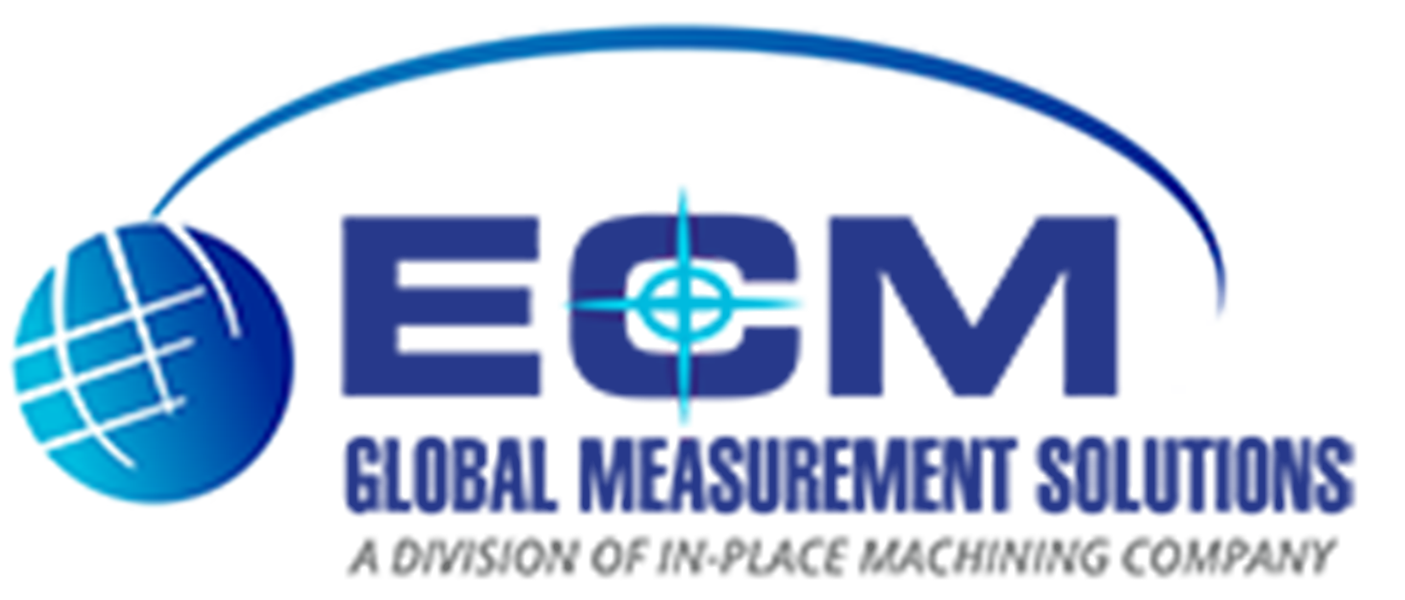Forensic Metrology
Forensic Metrology
Forensic metrology refers to the use of NIST traceable standards for best measurement practices on evidence within the U.S. criminal justice system. Increasing attention has been given to the field of metrology and metrology traceable standards as a result of greater international efforts to accredit forensic and criminal labs for standardized 17025 requirements. While a growing number of cases are being challenged for validity in court, forensics metrology has taken off in its ability to present legal systems with more accurate and reliable results when standing against a judge and jury.
Key Services Include:
- Accident Reconstruction
- Crime and Prosecution Assistance
- Firearms and Controlled Substances
- Latent Print Examination
- DNA Analysis
- Statutory Sentencing Enhancement
Raised Standards Leads to Increased Need for Metrology Best Practices
Metrology is widely known for its ability to determine proper measurement best practices and measurement uncertainty to NIST traceable standards within large industries such as, aerospace, automotive, medical, defense, and shipbuilding to name a few. As evidence from crimes scenes across the U.S. become more complicated, metrology is being put to the test for its uses of adopting proper calibration techniques, establishing traceability and determining measurement uncertainty within a crime scene. Legal departments are using metrology services to measure an individual’s breath or blood alcohol concentration level for a DUI, length measurements for firearm barrels, and other criminal weapons of violence, latent print examinations, DNA analysis, substance presence, etc. With the ability to quantify the measurement’s margin of error or uncertainty, metrology instruments have not only provided an increased level of standardization to the forensic community, but also a significant cost-savings with the decrease in mistrials due to insufficient evidence and measurement findings.
Establishing the Right Metrology Instrument for the Job
Some examples of metrology instruments that can be used for forensic applications would be laser scanners, total stations, IR detection, balances and scales, and many other portable measurement systems. Different measurement devices can be used based on the application and level of accuracy needed for each case. ECM has experience in working with highly classified forensics cases. We have a variety of inventory that allows us to assist with specific criminal evidence measurement cases and our services come with technical engineers that know how to work and train for this type of equipment. No need to purchase a piece of metrology equipment and train someone to use it, we are here when you need us. With competitive pricing and 24/7 emergency services available, you can be sure we will provide you with the best possible results when you need them!



